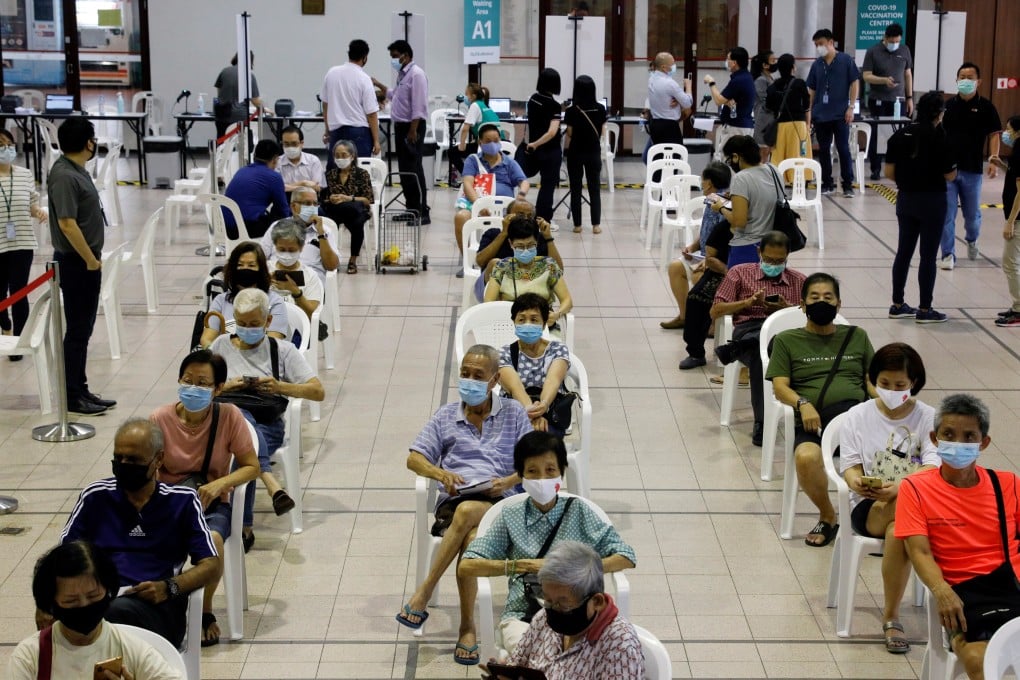Is Sinovac’s early shipment to Singapore ‘unusual’ or just part of China’s vaccine diplomacy?
- Beijing sent its coronavirus vaccine to the city state before Singapore’s health authorities approved the jab
- Some health experts questioned China’s intent behind the move, suggesting that it might be ‘unhappy’ if Singapore is slow in approving the vaccine

Yet there was no such fanfare to greet the arrival of the China-made Sinovac shots on Tuesday evening. Rather, the seemingly played-down event was only made known a day later by the Chinese embassy.
Singapore’s Ministry of Health later confirmed that the Sinovac jabs had arrived but stressed that the vaccine has not yet been authorised by regulators and so cannot be used immediately, unlike the Pfizer and Moderna shots.
Analysts said the uncertainty surrounding the Sinovac jabs likely contributed to the stark contrast in reactions, while suggesting that there could be unstated diplomatic pressure on Singapore to approve the vaccine.
Leong Hoe Nam, an infectious diseases expert, noted it was “unusual” that the vaccines had arrived before authorisation was granted.
A vaccine shipment that arrives before authorisation could face a host of challenges, he said, including the risk the vaccines could expire before they are officially approved, although reports said the Sinovac vaccine has a refrigerated shelf life of three years.